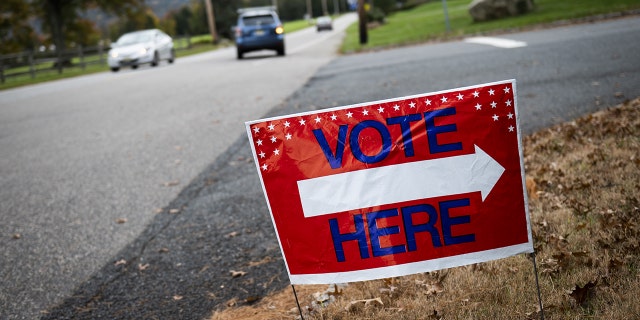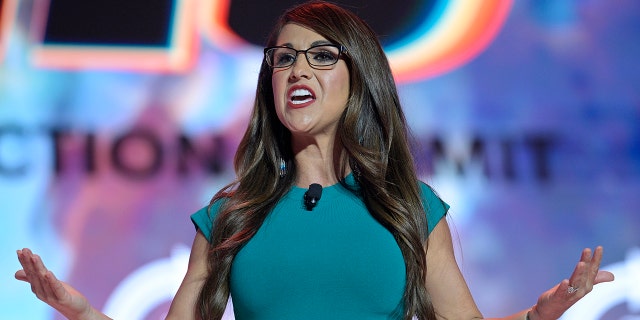As results from midterms elections continue to trickle in two weeks past Election Day, four critical House races in Alaska, California and Colorado still remain uncalled.
Fox News Digital breaks down the outstanding races and what is taking so long.
California
California, which has two of the four uncalled races, is a predominately vote-by-mail state, meaning every registered voter is automatically mailed a ballot 29 days prior to Election Day. With 22 million registered voters and weeks-long processing times, this means race calls can move very slowly in the Golden State.
California still has 593,925 remaining ballots to be counted, according to estimates from the California Secretary of State’s report on Monday. Of the unprocessed ballots remaining, about 500,000 of these ballots were mailed in Election Officials. California permits election authorities one month to complete tallying which mean voters could be waiting as late as Dec. 8 for final race outcomes.
In California’s 3rd Congressional District, Republican Kevin Kiley holds a commanding lead over Democrat Kermit Jones; however, approximately only a little over half of ballots have been counted in the “likely Republican” race. California accepts mail-ballots for the week following Election Day, although the ballots must be postmarked by Nov. 8. The ballots must also go through a signature verification process before being counted.

With 22 million registered voters that predominantly vote by mail, California’s ballot processing can move extremely slowly.
(Mark Kauzlarich/Bloomberg)
The second uncalled race in California lies in the state’s 13th Congressional District. This toss-up race is among the tightest remaining as Republican John Duarte narrowly leads Democrat Adam Gray by less than 800 votes.
Alaska
Alaska’s At-Large Congressional District still remains uncalled, held up by the vote counting process of the state’s newly implemented ranked-choice voting system.
The seat has been rated by Fox News’ Power Rankings as “lean Democratic” as a result of the ranked-choice system that gives incumbent Democrat Rep. Mary Peltola an advantage against her Republican opponents, former Gov. Sarah Palin and Nick Begich.

From left to right: Alaska Democrat House candidate Mary Peltola, Alaska GOP House candidate Sarah Palin, and Alaska GOP House candidate Nick Begich.
(Brandon Bell, Mary Peltola campaign, Ash Adams for The Washington Post via Getty Images)
Peltola led in the first round of the vote, with Palin in second and Begich in third, but failed to secure 50%, meaning those who voted for the candidate with the least number of votes will have their second choice vote reallocated to the other candidates until one reaches 50%.
Election officials will commence the counting of second- and third-place votes Nov. 23, meaning that Alaskans may know the final outcome of the House race by end of day, if all goes as expected.
ARIZONA COUNTY DELAYS ELECTION CERTIFICATION AFTER MARICOPA COUNTY’S BALLOT COUNTING ISSUES
Colorado

Rep. Lauren Boebert, R-Colo., addresses attendees at the Turning Point USA Student Action Summit.
(Phelan M. Ebenhack)
Colorado predominantly votes by mail, but processing is much swifter than California. In 2020, 90% of the vote was counted by Wednesday morning after Election Day, according to the Associated Press. Even so, mail-in ballots from out of state and overseas military service members can arrive as late as Wednesday as long as they were postmarked by Election Day.
Despite relatively speedier ballot processing times, Colorado’s 3rd House district still remains too close to call.
Incumbent Republican Rep. Lauren Boebert was not expected to have such a close race with her Democratic opponent, Adam Frisch, in the “likely Republican” seat. The one-term congresswoman is narrowly leading the vote count by a little more than 500 votes, according to the Associated Press.
CLICK HERE TO GET THE FOX NEWS APP
Though the race qualifies for a recount under Colorado state law, Frisch conceded to Boebert on Friday. However, the Associated Press has still not called the race as of Tuesday.







